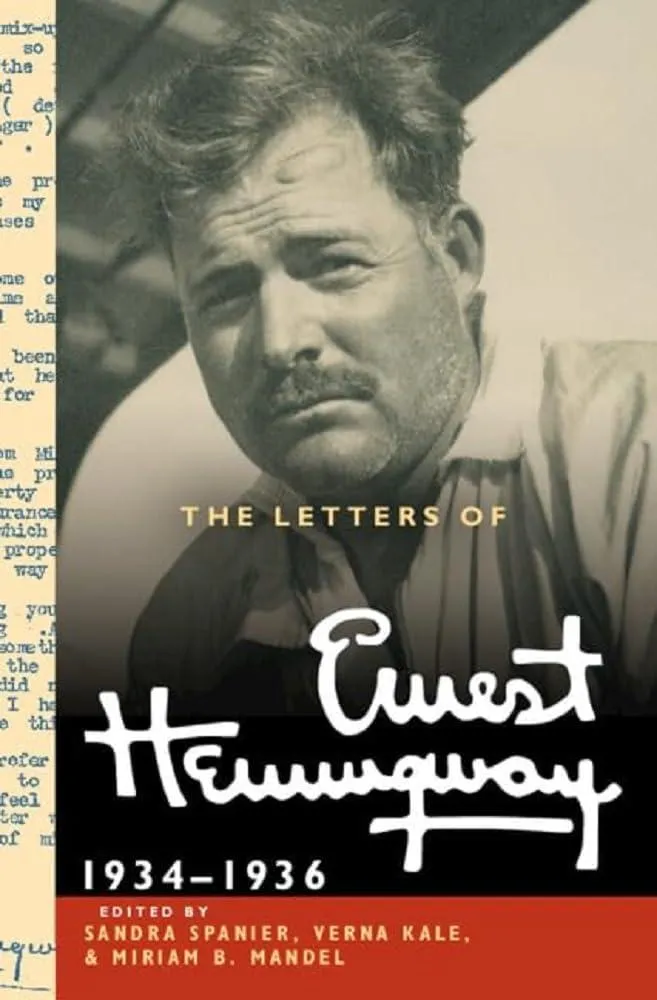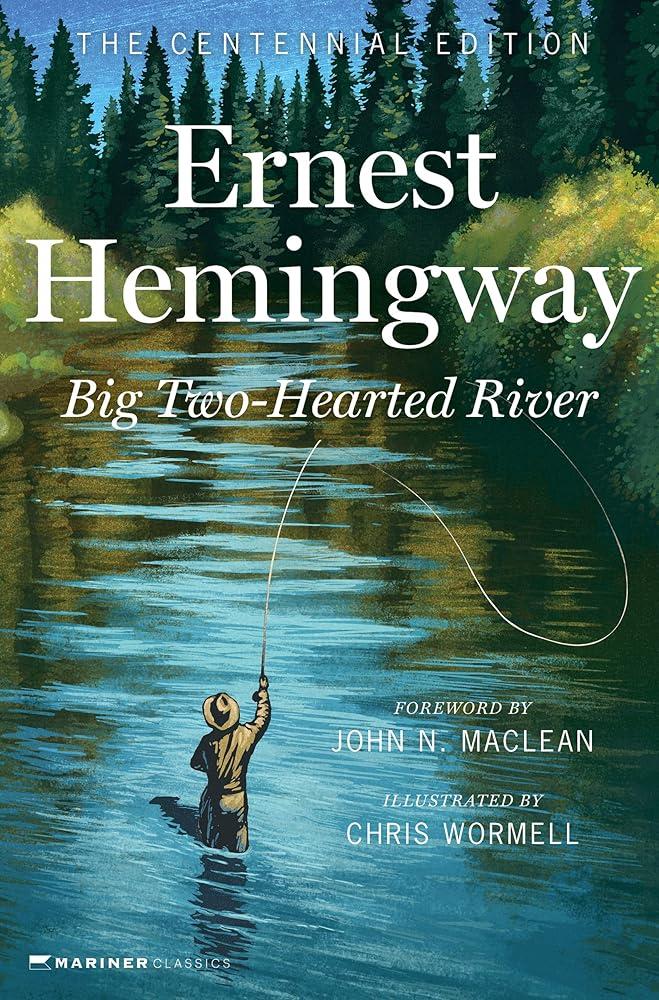
The Sun Also Rises is both a tragic love story and a searing group portrait of hapless American expatriates drinking, dancing, and chasing their illusions in post-World War I Europe. The man at its centre, world-weary journalist Jake Barnes, is burdened both by a wound acquired in the war and by his utterly hopeless love for the extravagantly decadent Lady Brett Ashley. When Jake, Brett and their friends leave Paris behind and converge in Pamplona for the annual festival of the running of the bulls, tensions among the various rivals for Brett's wayward affections build to a devastating climax. Hemingway, who was awarded the Nobel Prize in Literature in 1954, has exerted a lasting influence on fiction in English. His signature prose style, tersely powerful and concealing more than it reveals, arguably reached its apex in this modernist masterpiece.
Ernest Hemingway
Ernest Hemingway (1899-1961) was an American novelist, short story writer, and journalist known for his distinctive writing style and portrayal of masculinity. His most notable works include "The Old Man and the Sea," "A Farewell to Arms," and "The Sun Also Rises." Hemingway's writing is characterized by its spare prose, realistic dialogue, and emphasis on themes of war, love, and loss. He is credited with revolutionizing the modern American novel and influencing generations of writers with his minimalist approach to storytelling. "The Old Man and the Sea," a novella about an aging fisherman's struggle with a marlin, remains one of Hemingway's most famous and enduring works, winning him the Pulitzer Prize for Fiction in 1953 and solidifying his reputation as a literary giant.





